As a developing economy, India has numerous developmental aspirations. How India meets these goals without worsening the climate crisis is at the heart of CSTEP's work. Addressing climate change and enabling a secure and sustainable future for Indian citizens require an overhaul of previous paradigms on development and resource utilisation. This is reflected in our work on developing low-carbon trajectories for development with an emphasis on nature-based solutions.
We are working with state governments across India to build capacity on risk and vulnerability assessments to inform their respective action plans on climate change. The transition from fossil fuels to renewable energy is crucial to achieving a secure and sustainable future. CSTEP's studies explore the possibility of a greater integration of renewables in the energy sector.
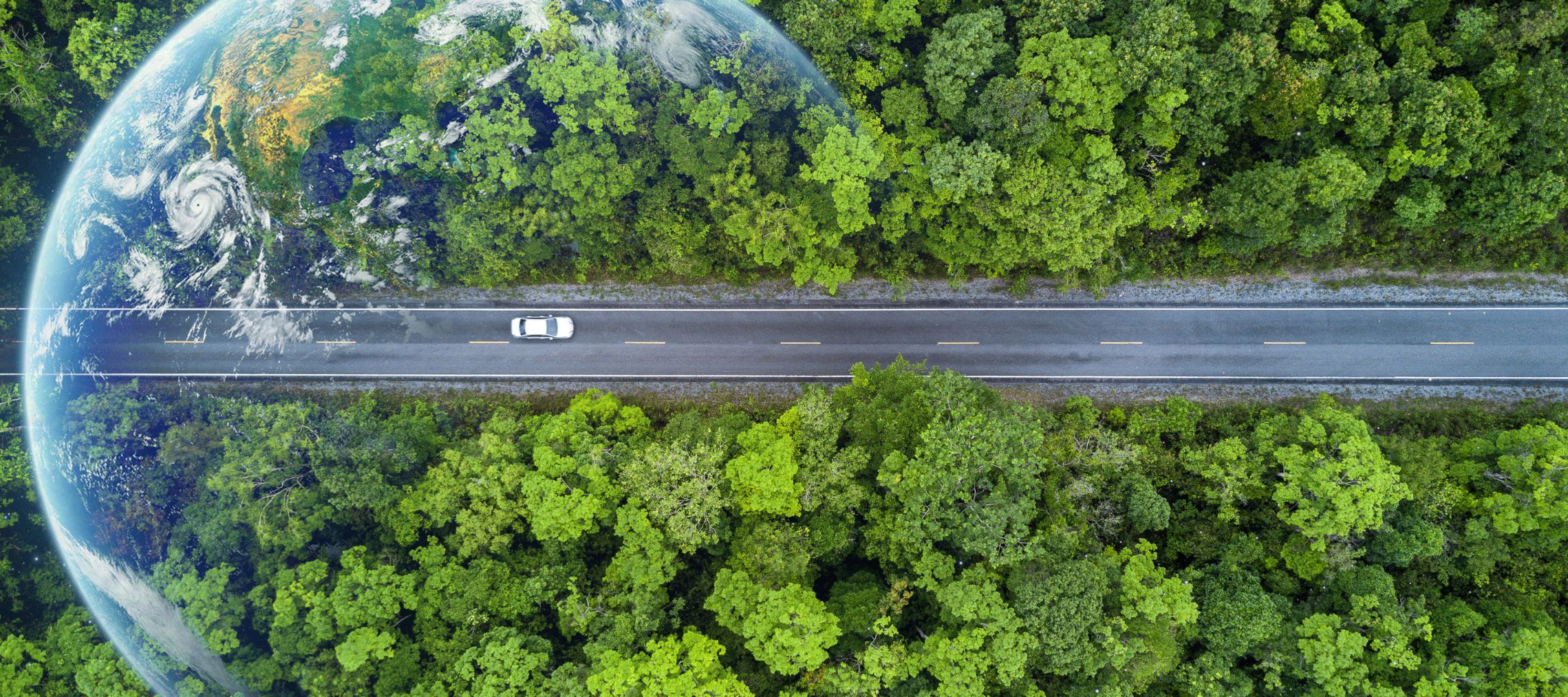
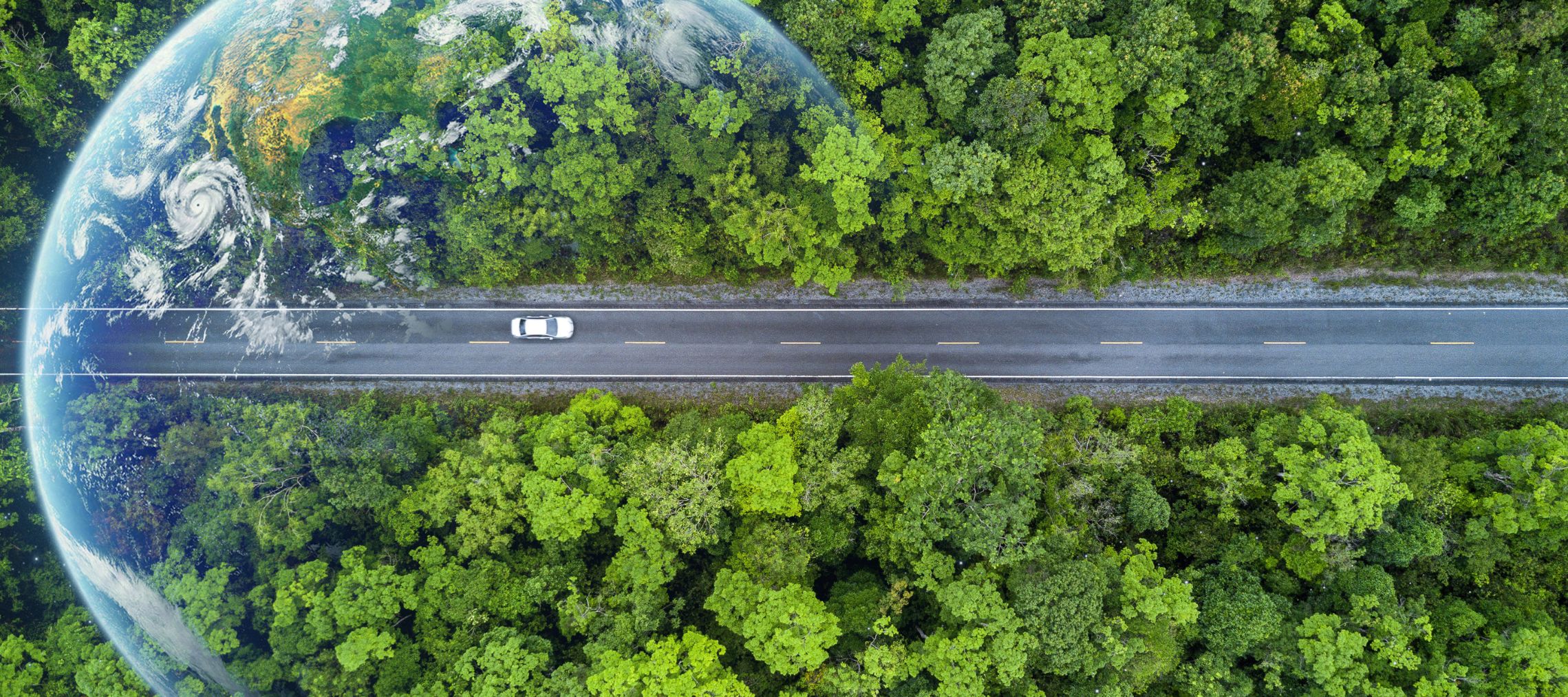



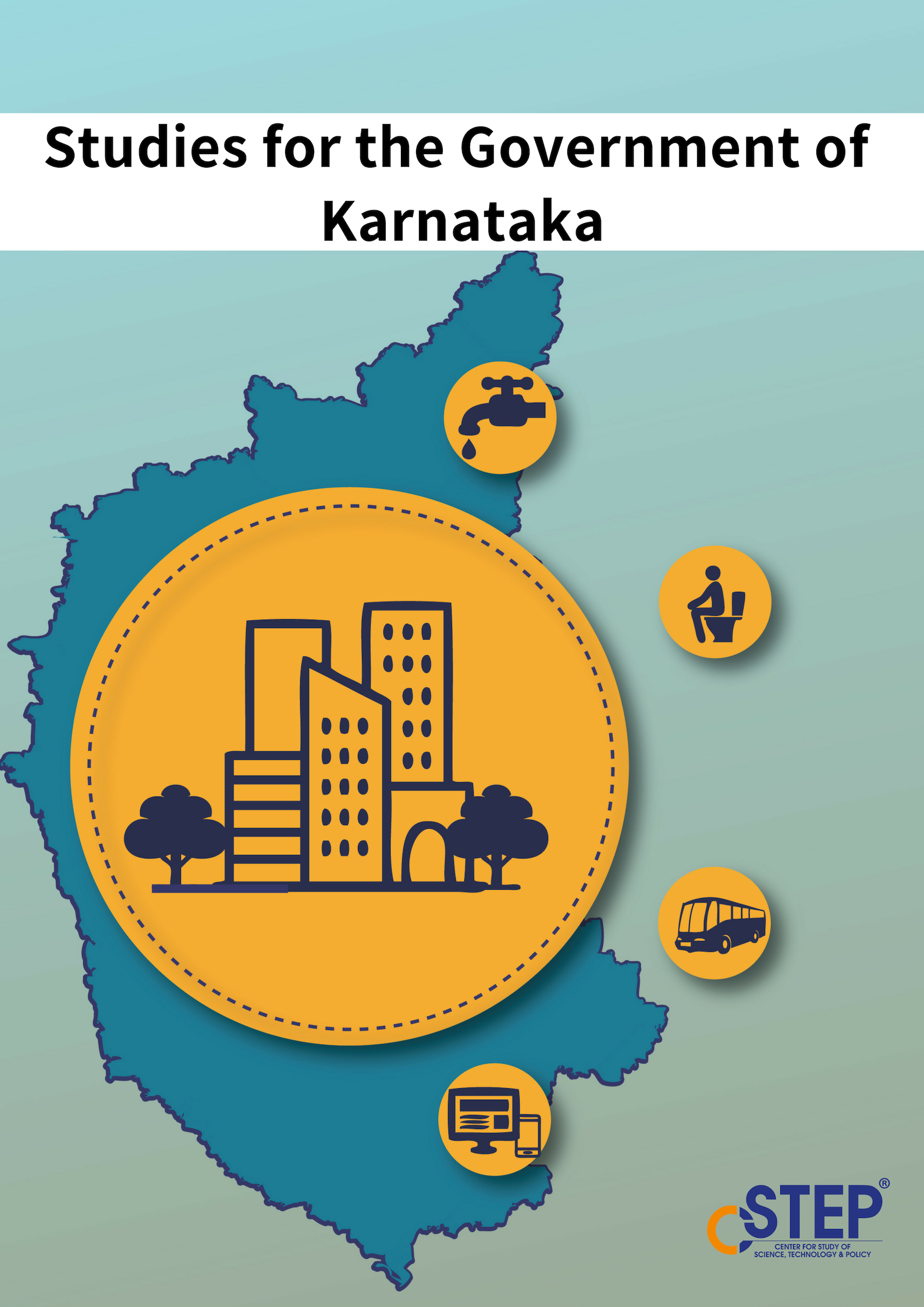
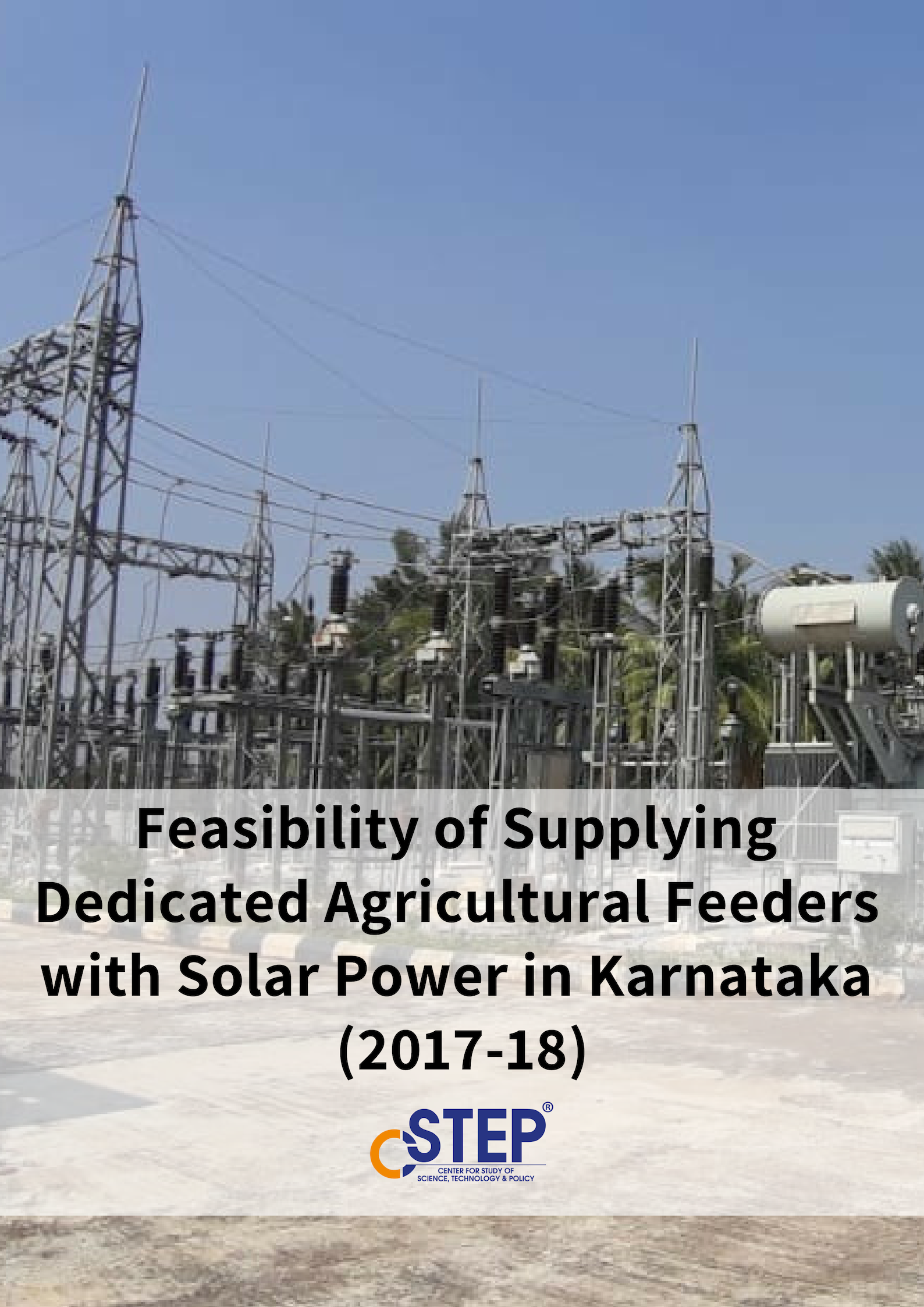
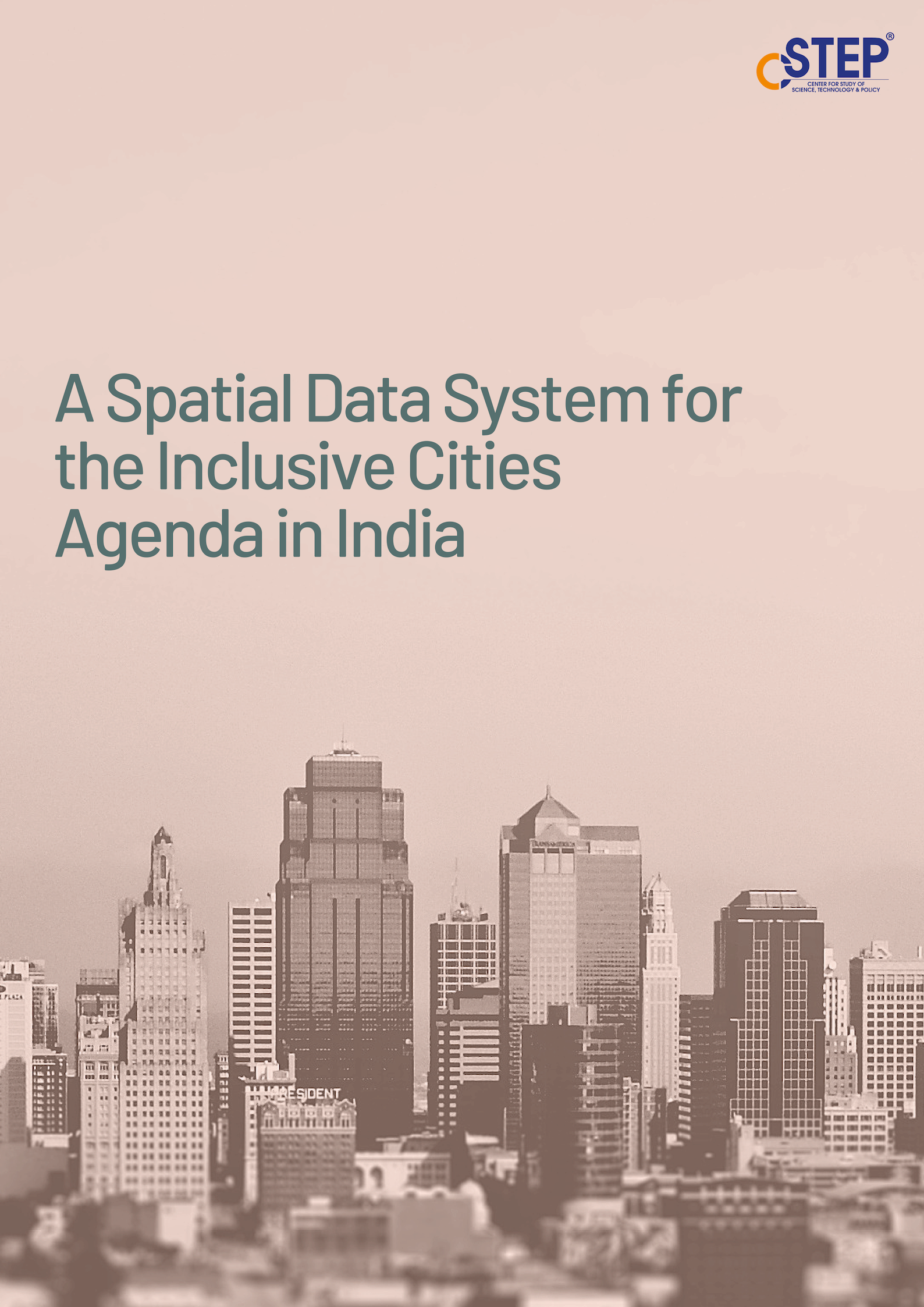
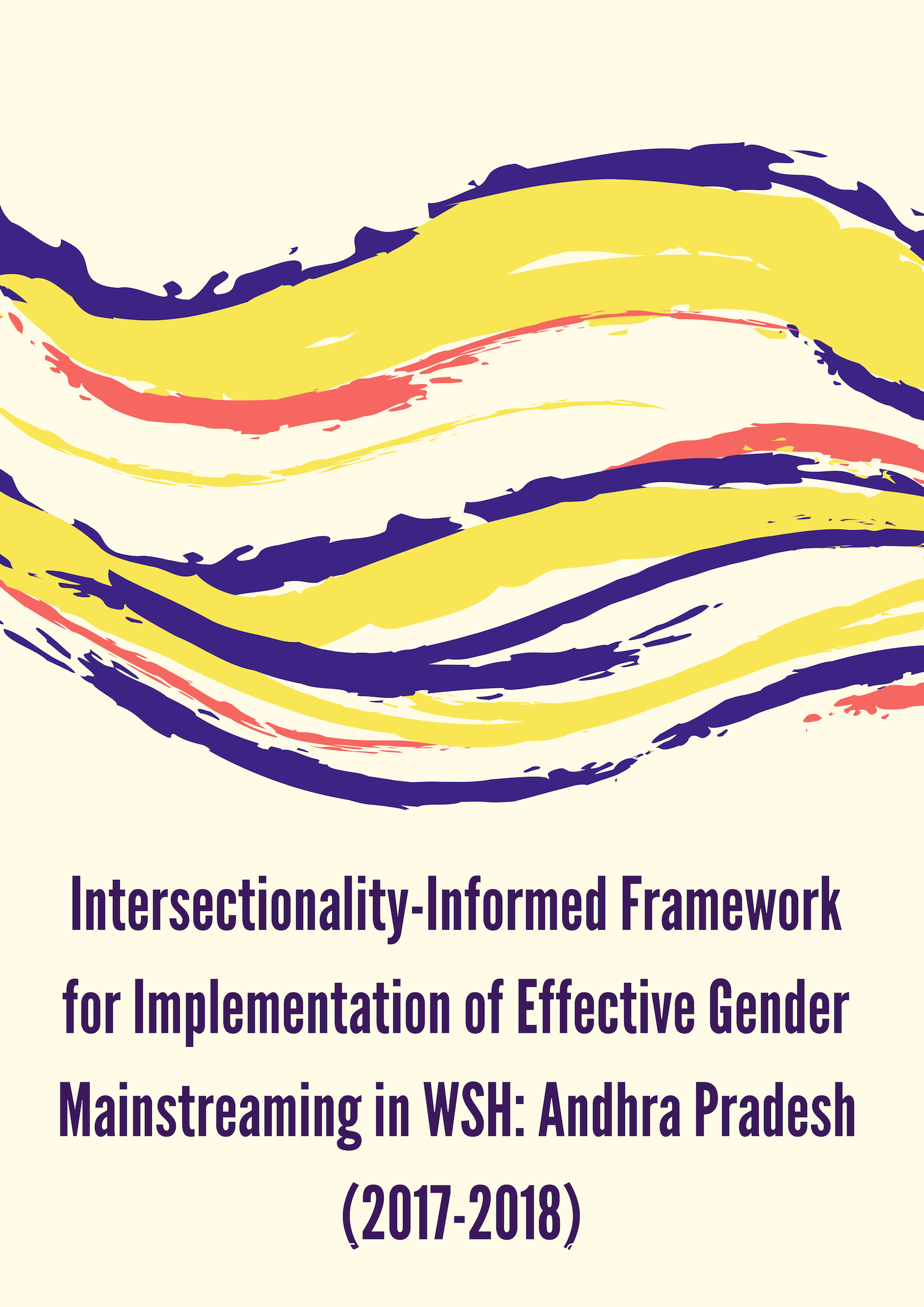
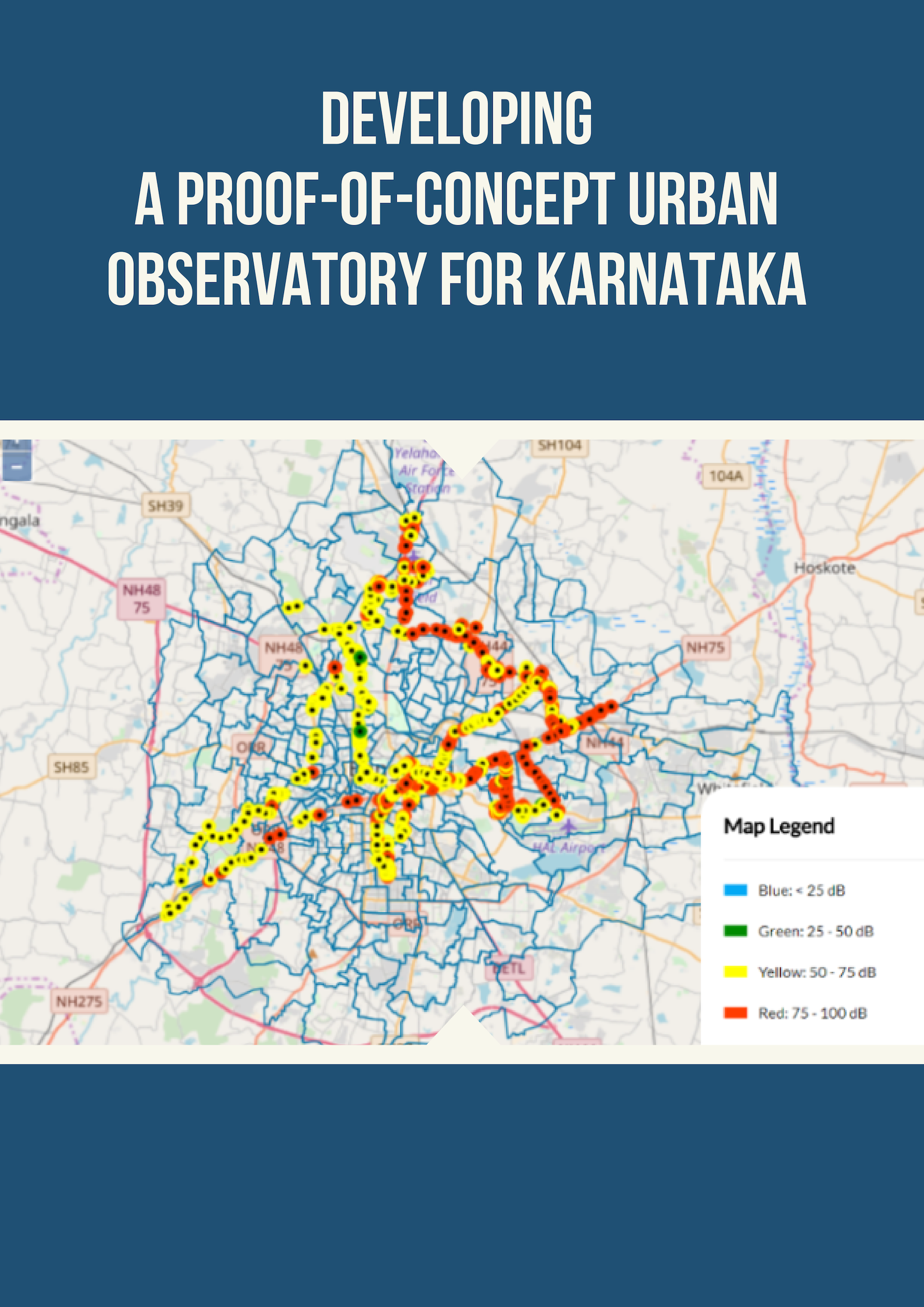
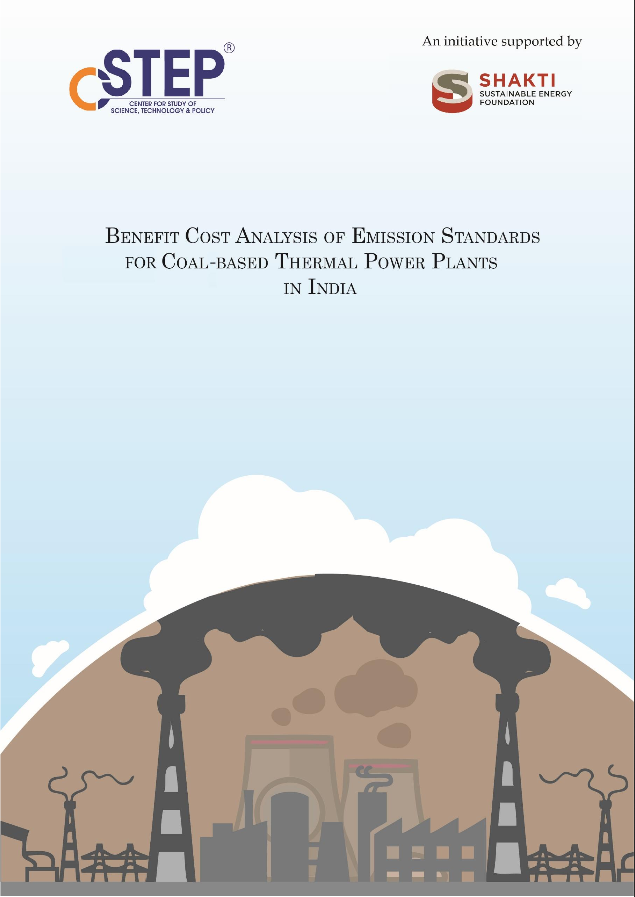
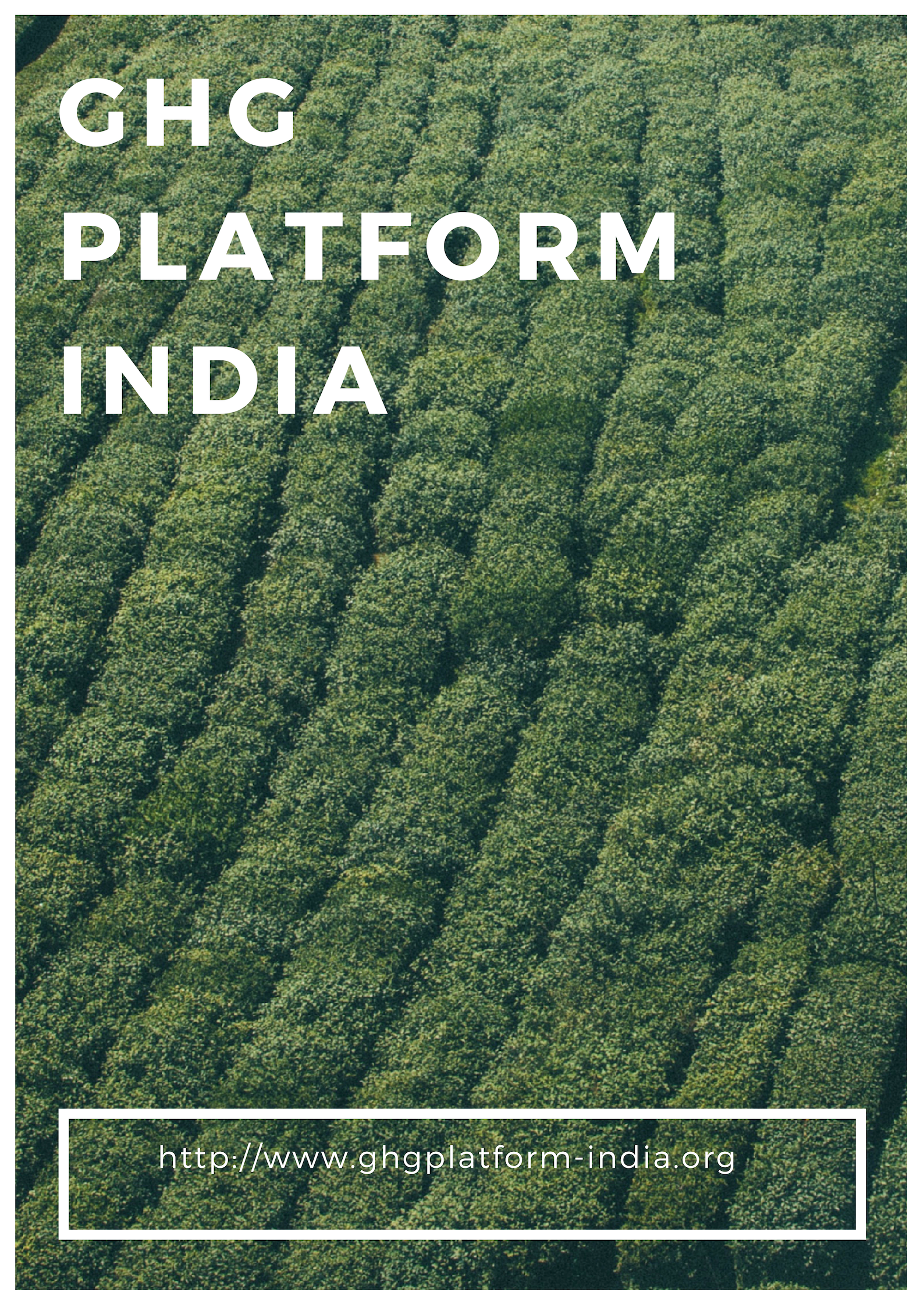






Empowering the youth to transform the urban landscape through systems thinking
Urbanisation is reshaping human settlements at an unprecedented pace, creating a complex interplay of identities, cultural practices, resources, and values within urban spaces. As India progresses towards becoming a developed nation, it is vital to ensure that every citizen enjoys a dignified life amidst this transformation. Currently, Indian
Balancing energy transition: Assessing decent living standards and future energy demand in the Global South
Achieving low energy demand in buildings is crucial in climate change mitigation. In the Global South, however, reducing the energy demand blanketly is not advisable due to critical gaps in access to the basic services supporting Decent Living Standards (DLS). Current energy demand scenarios mostly overlook achievement of DLS. Furthermore, model limitations in representing distributional aspects hinder modelling future energy demands to meet DLS.
Swamped with Potential: Wetlands for Mitigation and Adaptation
World Wetlands Day is celebrated on 2 February every year and underscores the need to save and restore wetlands and raise awareness about their crucial role. Wetlands are some of the planet’s most powerful yet underappreciated ecosystems. These ecosystems where water saturates the land, including mangroves, peat lands, marshes, swamps, and coral reefs, provide a wealth of benefits. They act as habitats for diverse plants and animals, protect shores from waves, reduce the impacts of floods, and even support local livelihoods.
Urbanisation, sewage, microplastics: Why many Indian wetlands are under threat
Approximately 4.86% of India’s land area is covered by wetlands – ecosystems that are often referred to as the “Earth’s kidneys” because they are crucial for maintaining an ecological balance. However, many of India’s wetlands are under threat due to urbanisation, domestic and industrial pollution, and unscientific land-use practices. Urban wetlands in major cities are particularly at a high risk due to rapid urbanisation and unchecked discharges from nearby dumpsites or sewage.
The Perform, Achieve, and Trade (PAT) Scheme
India’s ambitious national goals under the Viksit Bharat and Atmanirbhar Bharat programmes focus on continuous economic growth and alleviating equity and poverty issues. Energy, being the most important element driving economic growth, faces challenges like increasing demand, climate change, and pollution. The PAT mechanism under the National Mission for Enhanced Energy Efficiency aims to improve energy efficiency in industrial sectors. It involves setting energy-saving targets, implementing measures, and trading Energy Saving Certificates (ESC erts).
Four UN environmental summits fell short in 2024. What happened?
The United Nations’ efforts to address critical environmental challenges hit multiple roadblocks this year, with four key summits — in Colombia on biodiversity, Azerbaijan on climate, Saudi Arabia on land degradation, and South Korea on plastics — failing to deliver meaningful outcomes.
India Plans to Develop Top Grade Bioeconomy
The bioeconomy sector is gaining significant momentum globally. The World Bioeconomy Forum values the sector at approximately $4 trillion with the potential to grow to $30 trillion by 2050. Several economies worldwide increasingly invest in bio-based innovations to address their energy, food security, health, and climate mitigation and adaptation issues. India is one of the front runners in its global bioeconomy growth, with a projected bioeconomy worth $300 billion by 2030.
India’s textile and apparel sector: Understanding the ecosystem and readiness for implementation of extended producer responsibility
The textile and apparel industry, although a major contributor to global trade, is now becoming one of the most polluting industries worldwide. The rise of fast fashion, characterised by high consumption of low-cost, low-quality clothing, has aggravated the sector’s environmental footprint. Globally, around 92 million tonnes of textile waste end up in landfills annually, resulting in the leaching of harmful materials and leaking of valuable resources from the value chain. Alarmingly, only 12%–15% of this waste goes to recycling facilities, of which only 1% is recycled into new clothing.
Climate finance and the Global South: Negotiating a fair future at COP29
At the 29th session of the Conference of the Parties (COP29), India voiced its disappointment at the climate finance announcement of $300 billion annually under the New Collective Quantified Goal (NCQG), and rightly so. This goal was
Local action amidst global inertia
After hours of intense negotiations, the 29th Conference of the Parties (COP29) to the United Nations Framework Convention on Climate Change (UNFCCC) ended with a climate finance goal where developed countries are to provide $300 billion annually by 2035. However, this is far from what the developing countries need, and once again brings global climate gridlock into the spotlight.
